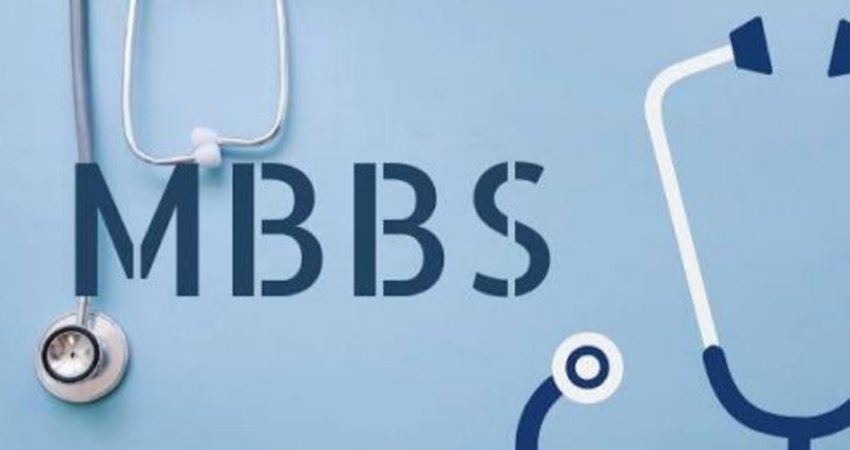Loading
The Bachelor of Medicine and Bachelor of Surgery (MBBS) is an undergraduate medical degree awarded to students who complete medical school in countries that follow the British system of medical education. It is one of the most sought-after professional degrees globally, qualifying graduates to practice medicine as physicians.

The MBBS program typically spans 4.5 year plus 1 year rotatory internship and is designed to provide both theoretical knowledge and practical skills necessary to become a medical practitioner. The curriculum is divided into two main phases:
After obtaining the MBBS degree, graduates can either begin practicing as general practitioners (after completing their internship and obtaining a medical license) or pursue further specialization through postgraduate studies.
The common career paths include:
1. General Practitioner (GP): A primary care physician who provides ongoing care for patients in clinics or general practices.
2.Postgraduate Specialization (Residency): Specializing in a particular field of medicine (e.g., cardiology, surgery, pediatrics). This requires additional years of study and training in residency programs.
3.Further Specialization (Fellowship): Subspecializing within a specific area (e.g., interventional cardiology, neurosurgery) after completing residency.
4. Research and Academia: Some MBBS graduates may choose a career in medical research or become educators and professors in medical schools.
Research and Academia: Some MBBS graduates may choose a career in medical research or become educators and professors in medical schools.
Further Specialization (Fellowship): Subspecializing within a specific area (e.g., interventional cardiology, neurosurgery) after completing residency.
With advancements in medical technology and education, there is increasing emphasis on Simulation-based learning using artificial intelligence and virtual reality. Interdisciplinary learning where medical students collaborate with students from other healthcare professions (nursing, pharmacy, etc.).
Global Health Education focusing on emerging global health issues like pandemics, climate change, and health disparities. Would you like more details on any specific aspect of the MBBS program or career options post-MBBS?
Students are often required to spend long hours in hospitals, studying, and preparing for exams. It requires resilience, strong communication skills, and a genuine passion for helping others.
(+91) 705 699 9201